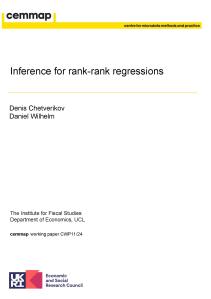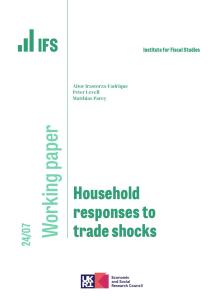A large literature has shown evidence that people are influenced by others, especially in group interactions. However, little is known about whether such influence remains after they have left the group. Using a modified dictator game and a structural choice-revealed preference approach, we measure an individual’s preferences before and after face-to-face interactions in a small group and then examine whether a change in preferences is observed after subjects have left the group and have to make their decisions alone. We find that social interactions do indeed change individuals’ preferences. Specifically, individuals whose preferences are extremely egoistic and also unchanging tend to influence others the most. These “left extremists” are more likely to be male and these effects are more prevalent amongst student subjects than non-student.









